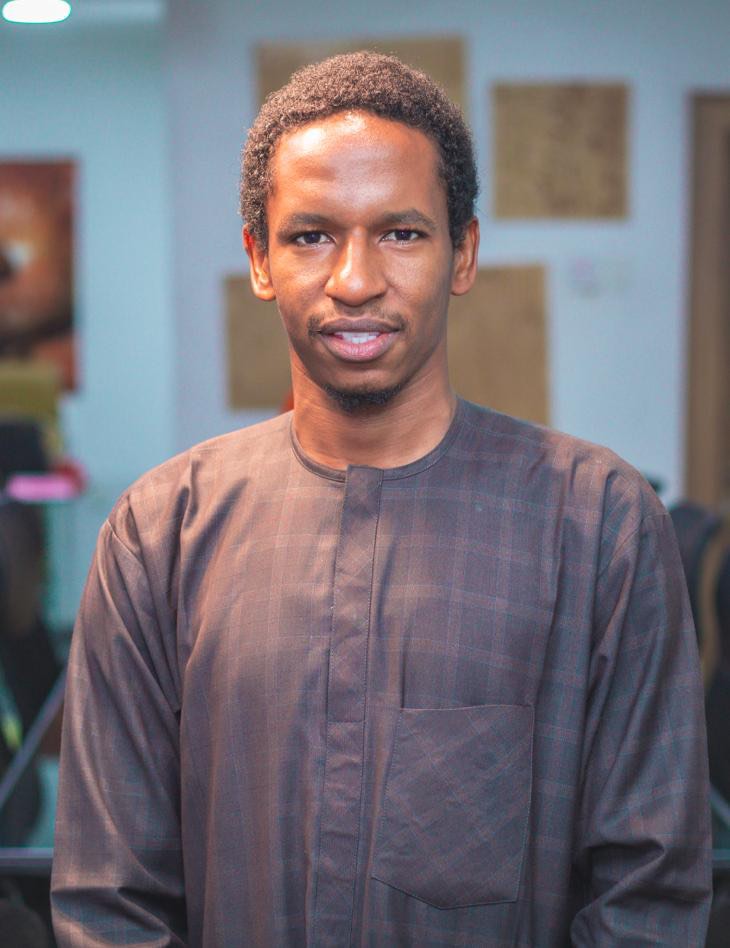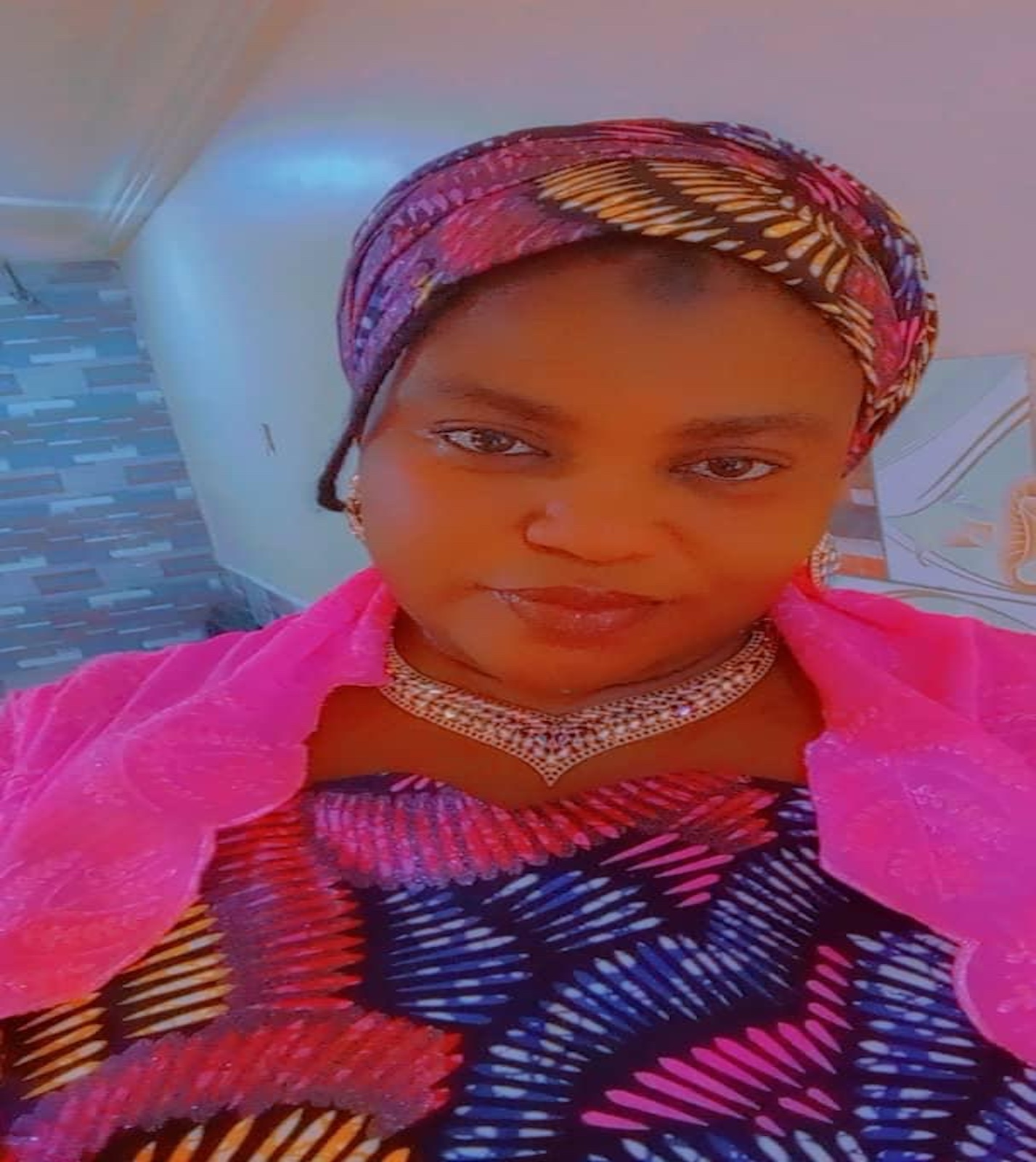Welcome to LAYLAH’S WAY
It is with great pleasure and delight that I welcome you to Laylah’s Way, an initiative on
the mission to empower underprivileged boys and girls through relevant education, skills
development, innovative healthcare and focused livelihood programs.
This we have done over the past years and have recorded significant impact through various
activities that have been beneficial to many women and young girls.
As founder and visioner, inspite of the many challenges we are faced with as a
not-for-profit organisation, the vision still remains clear in sight and we continuously do
our best to make sure these underprivileged women are empowered, upskilled and uplifted.
I welcome you on this journey and look forward to your continued support and contribution to
this noble cause.
Dr. Laylah Ali Othman
Founder, Laylah’s Way

Why we do what we do
At LAYLAH’S WAY, we do what we do because we are driven by a commitment to meaningful impact, community empowerment, and the preservation of human dignity. Our focus on sustainable solutions, advocacy for justice, and collaborative spirit stems from a genuine empathy and compassion for others. Through transformative education and a belief in resilience, we work with the hope of creating a better future for all.
Our Mission
To provide people affected by human and natural crises in the Horn of Nigeria with emergency relief, educational programs, clean water and food security, health care, protection for children and orphans, sustainable socio-economic programs, and to promote peace-building and effective governance, while integrating our values of respect, impartiality, quality, accountability, advocacy and innovation in all our work. .
Our Vision
LAYLAH’S WAY In our quest for a brighter future, we passionately envision a day when the Horn of Nigeria stands resilient, free from the shackles of poverty, and where every individual's dignity is not only recognized but fiercely protected, particularly in the face of human and natural crises.We see a future where education is not only accessible but transformative, empowering individuals to break the chains of limitations.








